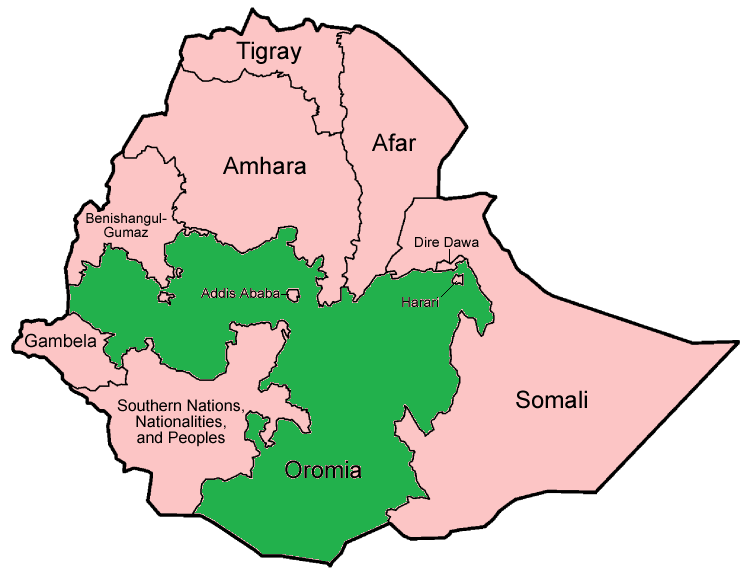900 319 0030
enquiry@shankarias.in
Why in news?
Over 80 people have been killed in clashes with security forces in Ethiopia following the murder of popular singer Hachalu Hundessa.
What happened?
What was the recent controversy?
Who are the Oromos?

Who is Hachalu Hundessa?
How significant was Hundessa?
When did tensions begin?
What are the recent human rights violations?
Source: Indian Express